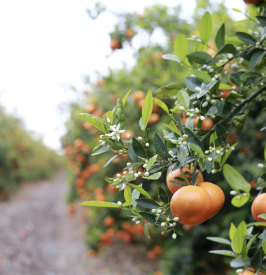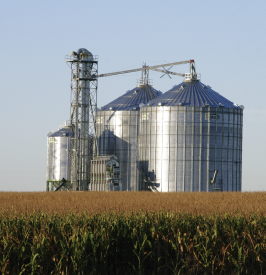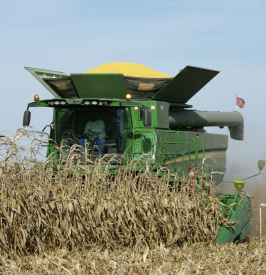On Jesse Hough’s farm in eastern Nebraska, sustainability means two things: taking care of the earth and ensuring the farming operation is profitable enough to continue.
You can’t have one without the other, he says, because protecting the earth using new farming practices and technologies requires an investment of time and money, and farmers simply can’t take the risk of changing tried-and-true agronomic practices if the economics don’t work.
“The business model that we run, especially in row crops, is we make a great investment all up front with not knowing how much we are going to produce in a given year,” Hough explained. “We also don’t know what price we’re going to get, but we do have to pay for all our inputs up front.”
Sustainable farm practices like cover crops, reduced tillage, and organic fertilizer applications have helped Hough smooth out some of unpredictability. But it wasn’t an overnight transformation.
Hough notes that he started out small on the sustainability front and scaled up over time as the economics panned out. Now 100% of his acres will have a cover crop by winter.
“What we’ve found out from an economic standpoint in our operation is… because of the cover crop, we can reduce our fertilizer applications and we can reduce how many times we have to spray herbicides to keep our fields clean,” Hough noted.
New technologies are also helping Hough’s returns, while also protecting the environment. In addition to remote steering and GPS technology, variable rate applications of seed, chemicals, and fertilizers that can be pre-programed are an important part of his operation today.
“I can create all the prescriptions of seed, chemical and fertilizer that are going to go across the field and pre-program that, so no mistakes are made,” Hough said. “We’re putting seed where the ground is really fertile. We’re putting less seed where it may not be as fertile. And the same thing with fertilizer. And we’re saving 10 to 15% on seed and fertilizer just because of proper placement.”



